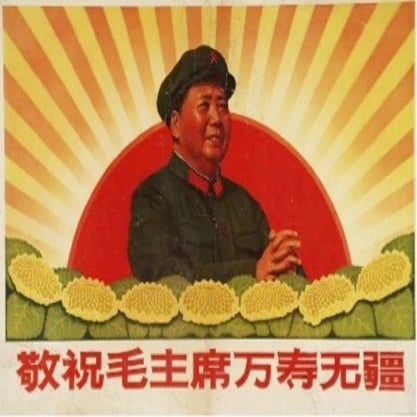Article
Nayi Kahani By Govind, Nikhil
Article
The Nayi Kahani [New Story], a literary movement in Hindi literature, is associated chiefly with the names of Nirmal Verma (1929–2005), Rajendra Yadav (1929--), Mohan Rakesh (1925–1972), Kamleshwar (1932–2007), Mannu Bhandari (1931--) and Bhisham Sahni (1915–2003), among others. The period referred to is approximately from the late 1950s to the early 1960s, although the end date of the movement remains unclear and open-ended. New Story narratives dealt chiefly with problems between the sexes, especially with the emergence of the working woman. The context was a newly independent, rapidly urbanizing and industrializing India. Independence had solved none of the problems of unemployment or underemployment, housing and petty corruption that plagued the growing—but still small and unprotected—middle class. The style of the prose mirrored a sense of this difficulty in the everyday negotiations of urban life and work. The movement in this sense defended its middle-classness against a certain hectoring from the Party Left that required them to write more on the problems of the peasantry and organized or unorganized labour. To validate middle-class difficulties, and especially ones related to gender and family, was itself no easy task. The critique from the Right was that the nayi kahani movement was impatiently disbelieving of the potentialities of tradition in moderating their sense of anomie.


